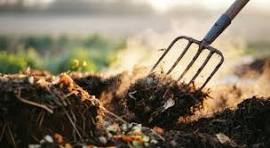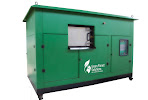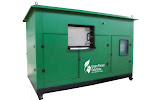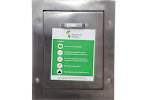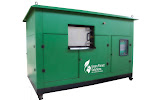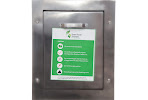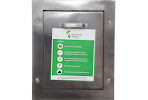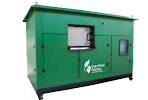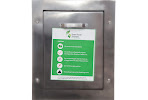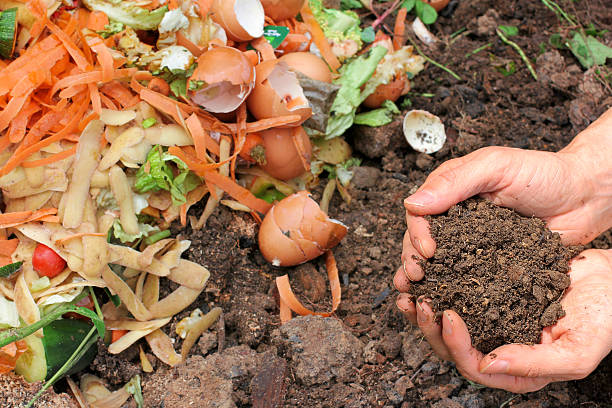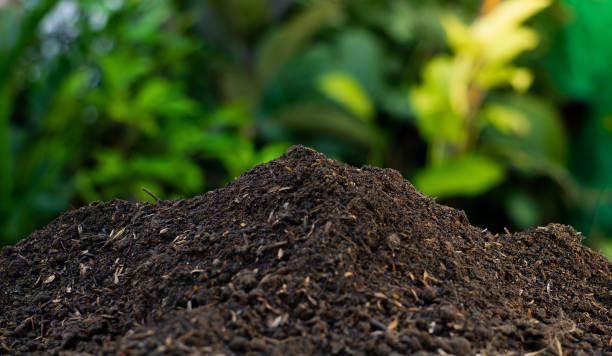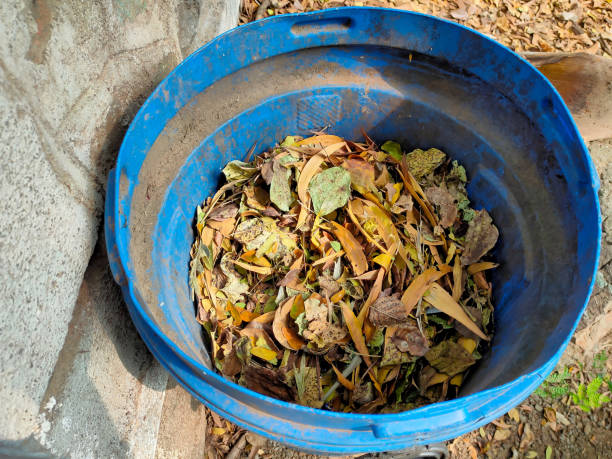ENQUIRE NOW FOR BEST COMPOSTING MACHINES IN INDIA – https://share.hsforms.com/1d12AT_oJScm8iiXbjSrEIwrh2r7
In the fight against climate change and environmental degradation, two words often come up: composting and recycling. While both are powerful solutions, they are often misunderstood or seen as interchangeable. The truth is, composting and recycling serve different purposes, and together, they are essential for building a zero-waste, sustainable planet.
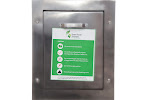
At Green Planet Solutions Pune, we believe in empowering individuals, businesses, and communities with the right tools to make waste management smarter, cleaner, and greener.
♻️ Recycling: Giving Materials a Second Life
Recycling focuses on recovering and reprocessing materials such as plastics, paper, glass, and metals. Instead of ending up in landfills, these items are broken down and remade into new products.
ENQUIRE NOW FOR BEST COMPOSTING MACHINES IN INDIA – https://share.hsforms.com/1d12AT_oJScm8iiXbjSrEIwrh2r7
✅ Benefits of Recycling:
- Reduces the demand for virgin raw materials.
- Conserves energy and water in manufacturing.
- Cuts down carbon emissions.
- Keeps harmful plastics out of oceans and landfills.
⚠️ Limitations:
- Not all materials are recyclable.
- Contamination reduces efficiency.
- Recycling processes still consume energy and resources.
🌱 Composting: Turning Waste into Wealth
Composting is the natural process of breaking down organic waste—like food scraps, garden waste, and biodegradable materials—into nutrient-rich compost.
✅ Benefits of Composting:
- Reduces methane emissions from landfills.
- Produces compost that enriches soil health.
- Improves water retention in agriculture and landscaping.
- Supports urban gardens, farms, and green projects.
ENQUIRE NOW FOR BEST COMPOSTING MACHINES IN INDIA – https://share.hsforms.com/1d12AT_oJScm8iiXbjSrEIwrh2r7
⚠️ Limitations:
- Only applies to organic, biodegradable waste.
- Needs awareness and proper segregation at the source.
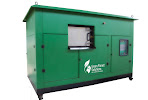
🌍 Why Both Matter Together
If we only recycle, organic waste still rots in landfills, releasing harmful greenhouse gases. If we only compost, non-biodegradable materials pile up, damaging ecosystems.
💡 The solution lies in integrating both systems:
- Recycling handles plastics, metals, and paper.
- Composting manages food scraps and garden waste.
Together, they form the foundation of a circular economy—where waste becomes a resource, not a problem.
🚀 Green Planet Solutions Pune: Driving Zero-Waste Action
We provide:
- Composting machines for homes, societies, hotels, and industries.
- Awareness programs on waste segregation.
- Sustainable solutions that combine composting and recycling for a cleaner future.
Our vision is simple yet powerful: Healthy Earth, Healthy Life.
- Primary Keywords: composting vs recycling, sustainable planet solutions, waste management Pune, Green Planet Solutions Pune, zero waste India.
- Secondary Keywords: organic waste composting, recycling benefits, composting machines Pune, eco-friendly waste solutions.
- Common Words: waste, recycle, compost, environment, green.
- Uncommon Words: biodegradables, methane emissions, soil regeneration, circular economy.
- Power Words: transform, empower, protect, sustainable, wealth from waste.
- Emotional Words: healthy, cleaner, greener, responsible, future-ready.
#CompostingVsRecycling #GreenPlanetSolutions #ZeroWasteLiving #WasteToWealth #CircularEconomy #EcoFriendlyIndia #HealthyEarthHealthyLife #SmartWasteManagement #SustainablePlanet #ClimateAction
✨ Final Thought: Composting and recycling are not rivals—they are partners in sustainability. By embracing both, we can reduce waste, restore nature, and create a future where waste is no longer a burden but a resource.

– https://www.thegreenplanetsolutions.com/
 – +917722073961
– +917722073961
Instagram – https://www.instagram.com/greenplanetolutions2013?igsh=MTQ5MWxpeng5dmtvaA==
Facebook – https://www.facebook.com/share/19Eim5u2Ep/
Linkdein – https://www.linkedin.com/company/green-planet-solutions/
Threads – https://www.threads.net/@greenplanetolutions2013
YouTube – https://youtube.com/@greenplanetsolutions2013?si=0gkKEahaaB5z6csm
